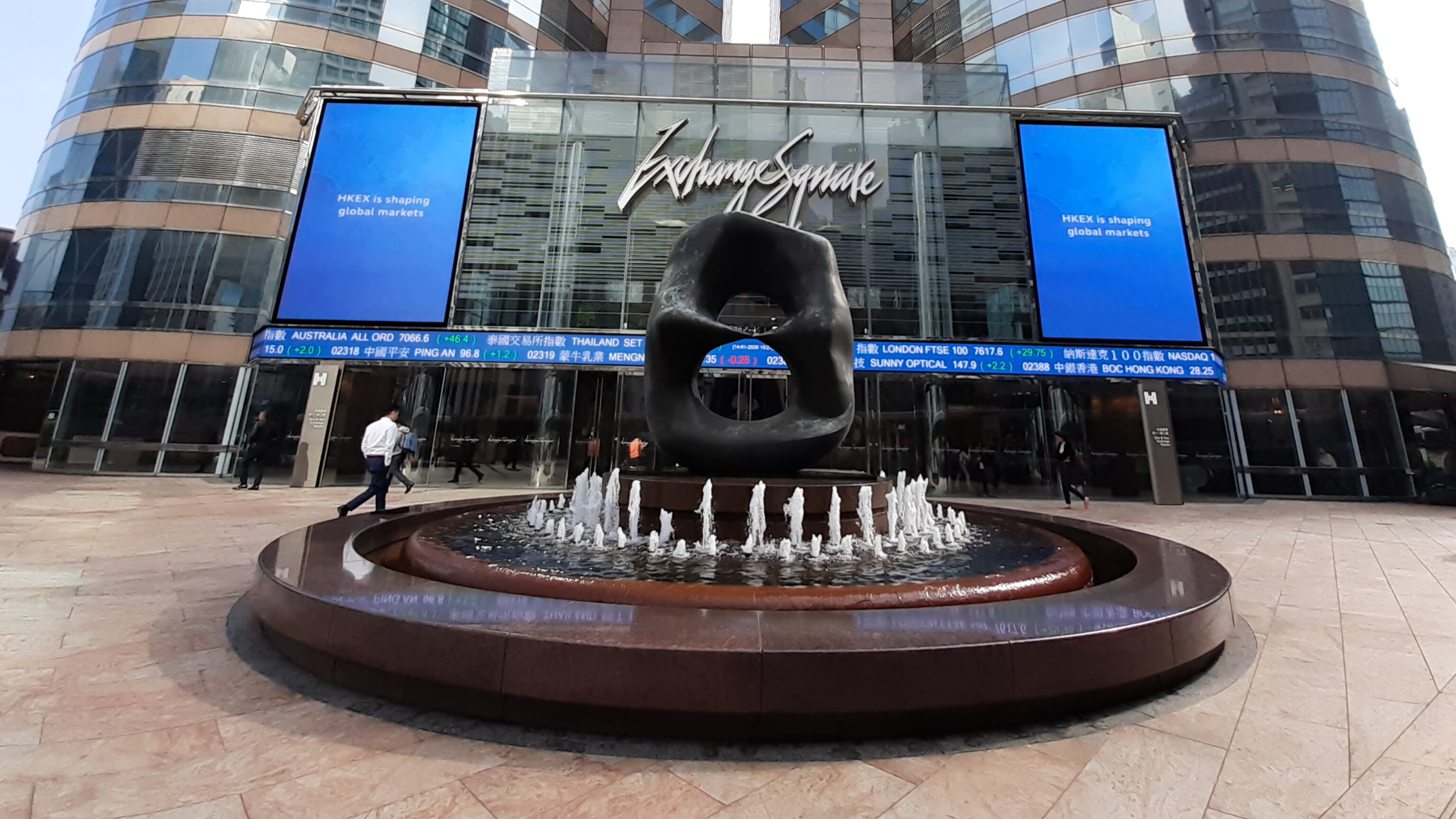

By Asmita - Oct 15, 2024
Hang Seng Index drops over 4% amidst Hong Kong market turmoil, contrasting with Wall Street gains. Investor concerns about China's economic growth and regulatory uncertainties drive market volatility. Tech and real estate stocks lead losses in a shift in sentiment towards Chinese markets. The decline underscores the need for diversified investment portfolios and careful risk management in navigating global market dynamics.

Wikimedia via Google
LATEST
Hong Kong’s Hang Seng Index experienced a significant decline, dropping over 4% despite most Asian markets tracking Wall Street’s gains. This unexpected downturn comes after a remarkable two-week surge of 13.9% in the Hang Seng Index, outperforming major global indices such as the S&P 500 and the Nikkei 225. The recent drop has raised concerns among investors, sparking questions about the underlying factors driving this market volatility. Tech and real estate stocks led the losses, with companies like Tencent Holdings and Sun Hung Kai Properties experiencing substantial declines. The Hang Seng Index’s drop also contrasts with the upbeat sentiment in other Asian markets, which have been buoyed by positive economic indicators and monetary policy decisions.
Investor concerns about China’s economic growth have been cited as a primary factor contributing to the Hang Seng Index’s decline. China’s slowing economic expansion, coupled with ongoing trade tensions and regulatory uncertainties, has led to increased caution among investors. The Hang Seng Index’s heavy weighting towards Chinese companies, particularly in the tech and real estate sectors, makes it vulnerable to changes in China’s economic outlook. Furthermore, the recent Politburo Meeting in China, which signaled a more measured approach to economic policy, may have also contributed to the decline. Investors are now reassessing their expectations for China’s growth and adjusting their portfolios accordingly. This shift in sentiment has resulted in a sell-off in Hong Kong stocks, particularly those with exposure to China’s economy.
Despite Wall Street’s gains, Hong Kong’s market decline highlights the complexities of global market trends. Regional factors, such as China’s economic growth concerns and regulatory developments, can have a significant impact on local markets. The Hang Seng Index’s drop also underscores the importance of considering multiple factors before making investment decisions. Investors must navigate the intricacies of global market dynamics, taking into account regional economic trends, monetary policy decisions, and geopolitical developments. In this context, the Hang Seng Index’s decline serves as a reminder of the need for diversified investment portfolios and careful risk management. As global markets continue to evolve, investors will be closely watching the Hang Seng Index’s performance, seeking insights into the broader regional and global economic landscape.
The Hang Seng Index’s decline has significant implications for investors, particularly those with exposure to Hong Kong and Chinese markets. Investors are advised to exercise caution, reassessing their investment strategies in light of changing market conditions. The decline also highlights the importance of staying informed about regional economic trends and regulatory developments. Looking ahead, market analysts will be closely monitoring the Hang Seng Index’s performance, seeking indicators of a potential recovery or further decline. Factors such as China’s economic growth, global trade tensions, and monetary policy decisions will continue to shape the market outlook. As investors navigate this complex landscape, careful consideration of market risks and opportunities will be crucial in making informed investment decisions.